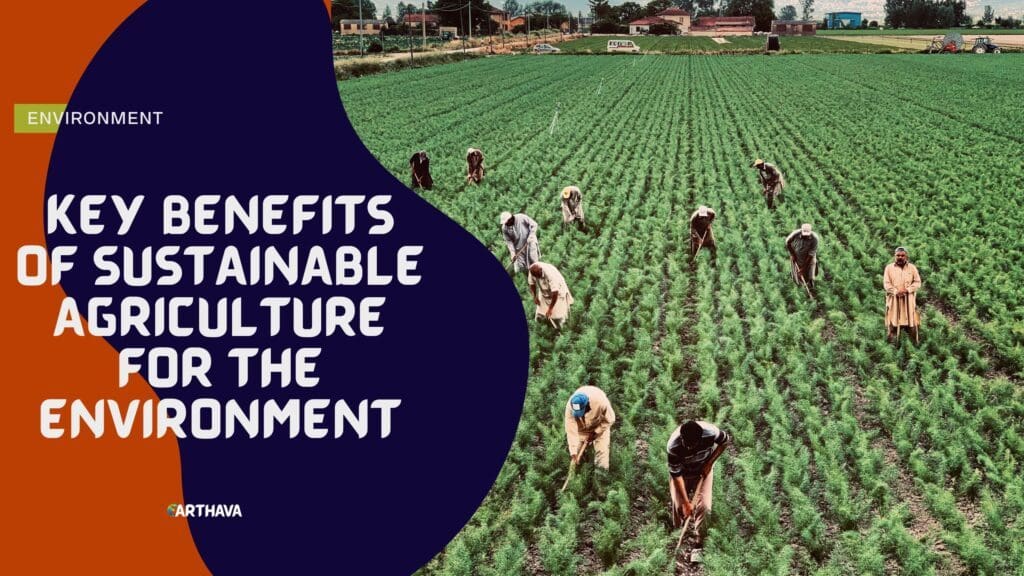For agriculture to be called sustainable, it needs to yield results while establishing and maintaining the ecological balance, solving problems like infertility of the soil or troubles with pests by using a diverse range of environmentally conscious farming methods. The final product of sustainable agriculture does not only need to be eco-friendly, it is also important that it helps farmers and their families and that its final product is healthy for the end users. In this article, we will try to list all the main benefits of this type of agriculture and compare it in some ways with the currently still dominant, industrial approach.

Environmental Conservation And Preventing Pollution
Given the importance of ecological balance for the functioning of the world as we know it, sustainable agriculture aims to create products, while at the same time making sure that we return some of the things we took from nature back to nature. This is, however, mostly done by trying not to take from nature at all, if possible, especially if the resources in question are non-renewable.
Sustainable farming also tries never to give to nature something it did not ask for. The waste is usually re-used in some way or contained inside the ecosystem of the farm thus minimizing pollution of the environment.
Lowering The Price Of The Farming Process And Promoting Social Equality
While it rarely shies away from applying things and practices that require more time, dedication and patience than the mainstream, harmful alternatives, sustainable agriculture helps farmers have an easier time by significantly reducing the cost of the venture by cutting on transportation costs.
An integral part of the sustainable agriculture philosophy is also being fair towards the farmers. Fair wages they receive make them less dependent on subsidies from the government and promote successful rural communities.
Protecting Public Health
The farmers who are dedicated to sustainable agriculture know that when producing food we need to take care not to endanger the health of the final users. This is why they stay away from using pesticides which are known to have adverse effects on human health and seek other ways to circumvent the problems which are usually solved by chemical interventions.
For example, changing the way of storing grains, like putting them in grain sheds instead of leaving them exposed to vermin and elements, can already solve a big part of the problem and does not even require too large an investment. Other techniques that are used as a replacement for easier (but much more harmful) chemical pesticide treatments are conservation tillage, crop rotation, and generally everything that does not deplete or pollute natural resources.
Promoting Biodiversity And Good Treatment Of Animals
The farms committed to sustainable farming more often than not contribute to biodiversity by producing many kinds of plants and animals, which are kept in humane conditions, in a way that enables them to lead their natural lives and does not confine them in dark, closed spaces.
Future Prospects
Industrial agriculture is still the dominant way of producing food in the world, but it seems that people are finally becoming increasingly aware of the problems this approach creates both in the short and in the long run for public health and the environment. The market is getting more and more open for sustainable food and once this food is brought in front of every consumer, its quality will speak for itself.
